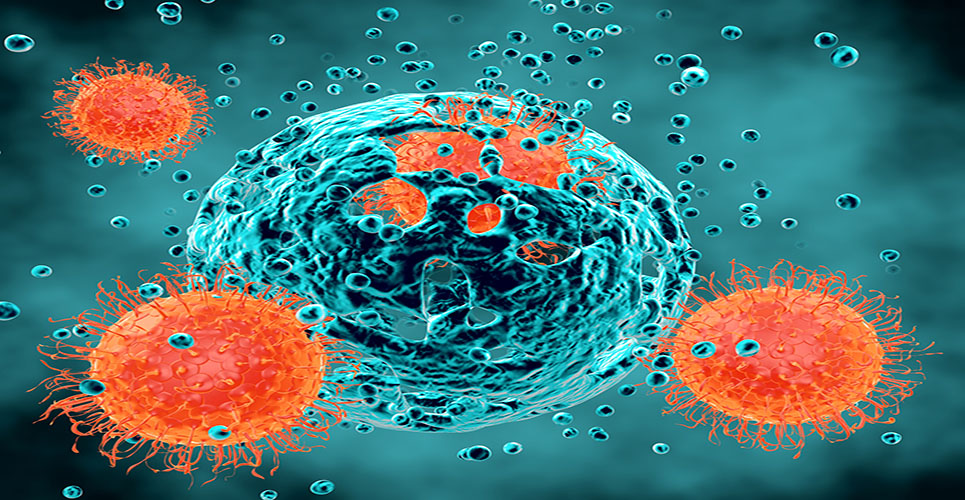teaser
It may be possible to predict patient sensitivity to proposed drug therapies for glioblastoma, according to research published in the journal, Proceedings of the National Academy of Science.
The study investigated glioblastoma models characterised by cell signalling activation and gene amplification for their susceptibility to inhibitors of both the human MET oncogene and the epidermal growth factor receptor (EFGR).
“Because oncogene MET and EGFR inhibitors are in clinical development against several types of cancer, including glioblastoma, it is important to identify predictive markers that indicate patient subgroups suitable for such therapies,” said lead author Qian Xie, Research Scientist at Van Andel Research Institute (VARI), USA.
Co-author George Vande Woude, Head of the VARI Laboratory of Molecular Oncology, added: “Studies have shown that targeting MET signalling can have potent anti-tumour effects.
“Therefore, it is important to understand the mechanisms leading to HGF/MET sensitivity and to identify the patient subgroups most likely to benefit from MET-targeted therapeutics.”
“Progress in understanding this vital process has led to the successful development of blocking antibodies and a large number of small-molecule MET kinase inhibitors.
“Results from recent clinical studies demonstrate that inhibiting MET signalling in several types of solid human tumours has major therapeutic value.”
Proceedings of the National Academy of Science

